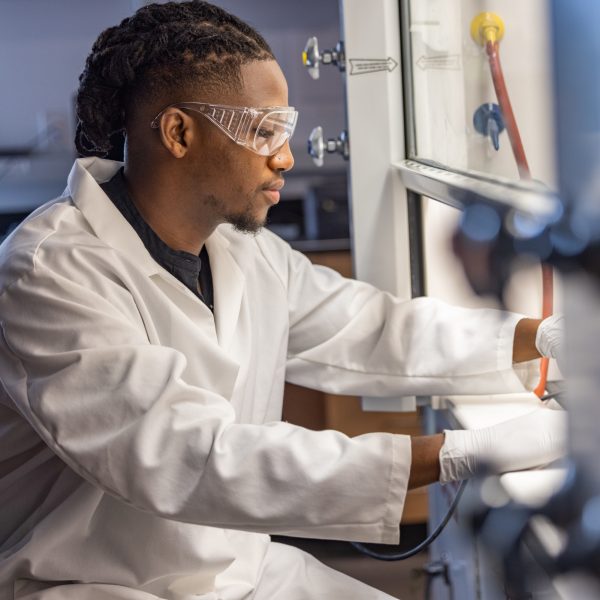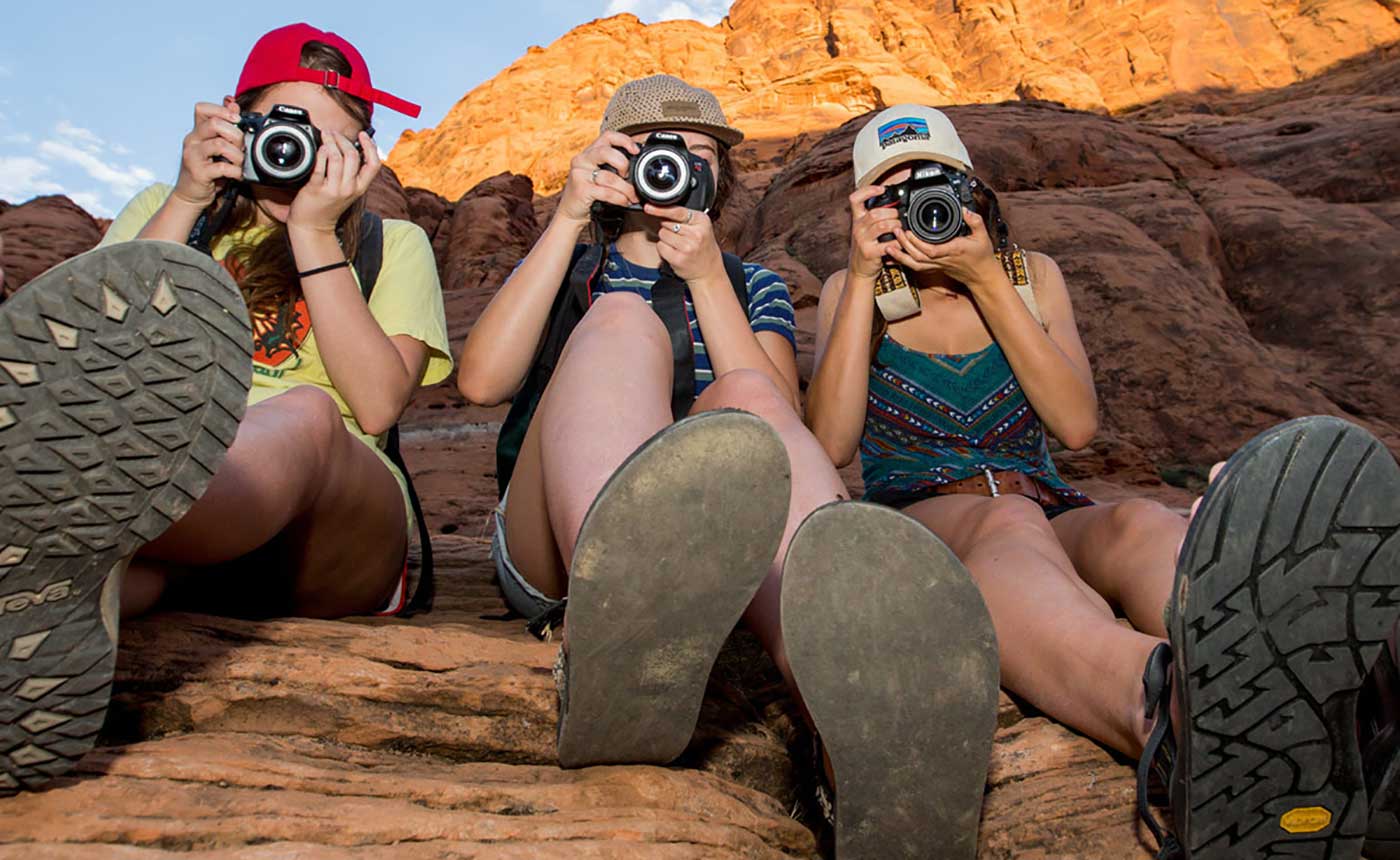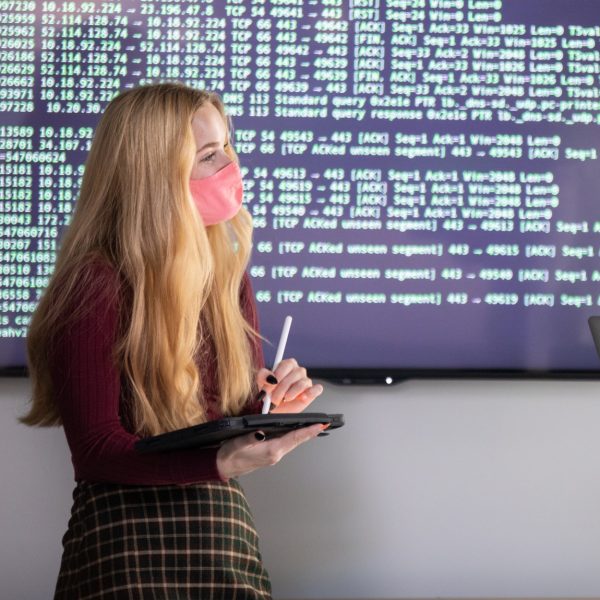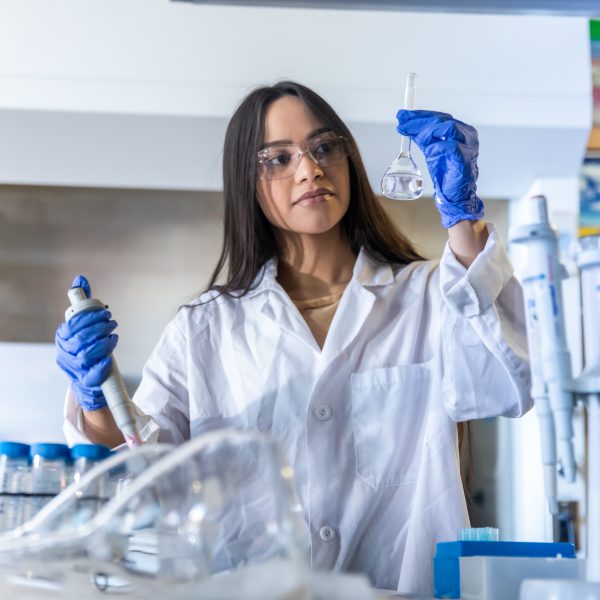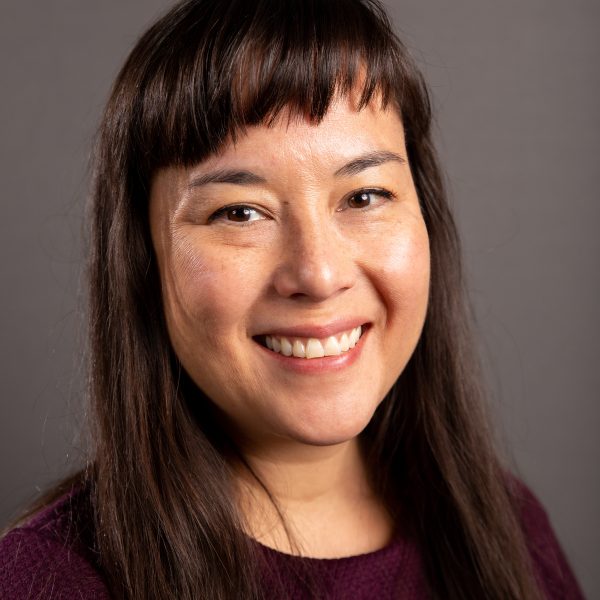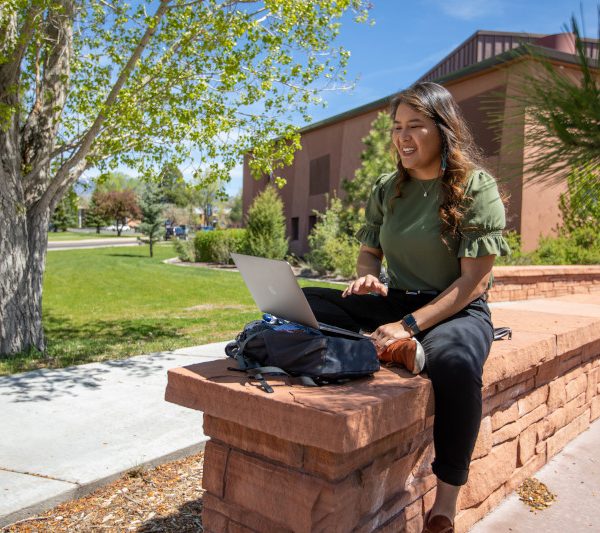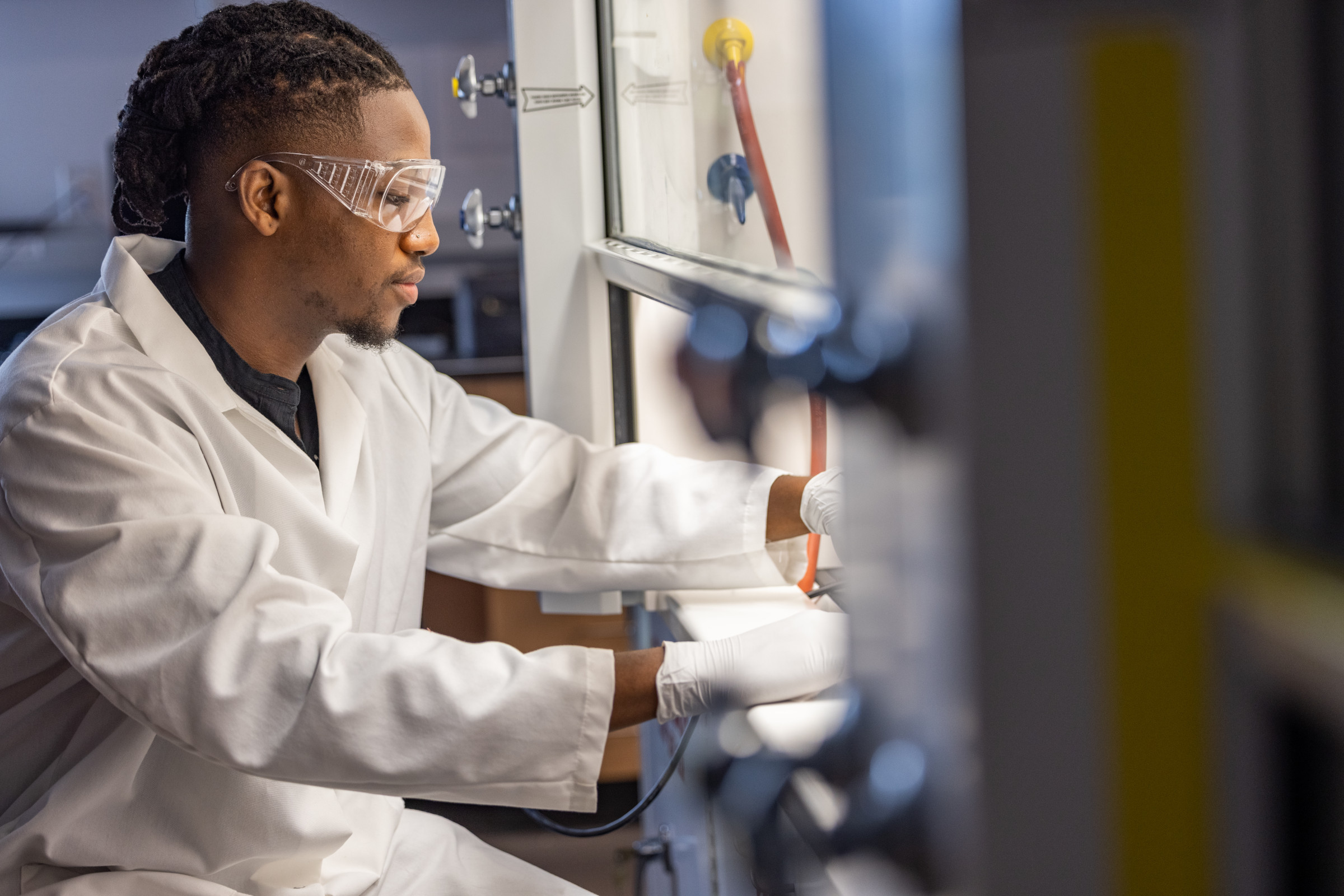
Chemistry major Zachariah Bess is helping develop a sustainable energy option using ionic liquids prepared from amino acids.
Zachariah Bess has a special quality in the lab: what organic chemistry Professor Cindy Browder calls “golden hands.” This quality, a blend of nimbleness, knowledge, experience, and intuition, helps him work through chemical reactions, searching for solutions to problems in the lab.
Bess has another special quality: perseverance. His determination to succeed—and willingness to ask for help—has helped him get to where he is today. He will graduate this spring with a bachelor’s degree in Chemistry, certified by the American Chemical Society. But he almost didn’t come back after a very trying freshman year. He is proud to be here now. “I would say that I am most proud of the fact that I was able to resume my education at NAU and not only make it to my last year, but to be the undergraduate researcher I am,” says Bess.
He plans on pursuing a PhD in organic chemistry to gain a broader background in neurochemistry research. His goal is personal—he has family members and friends who have not done well with their prescribed medications, so he would like to find help for them. But right now, he is focusing on continuing to build a solid research foundation.
“I took this on in my sophomore to junior year and was an undergrad researcher in a group that’s predominantly upper-level students,” Bess says. “To be one of the younger ones in a group and to be able to hold my own really motivates me to keep going with my education and career path.”
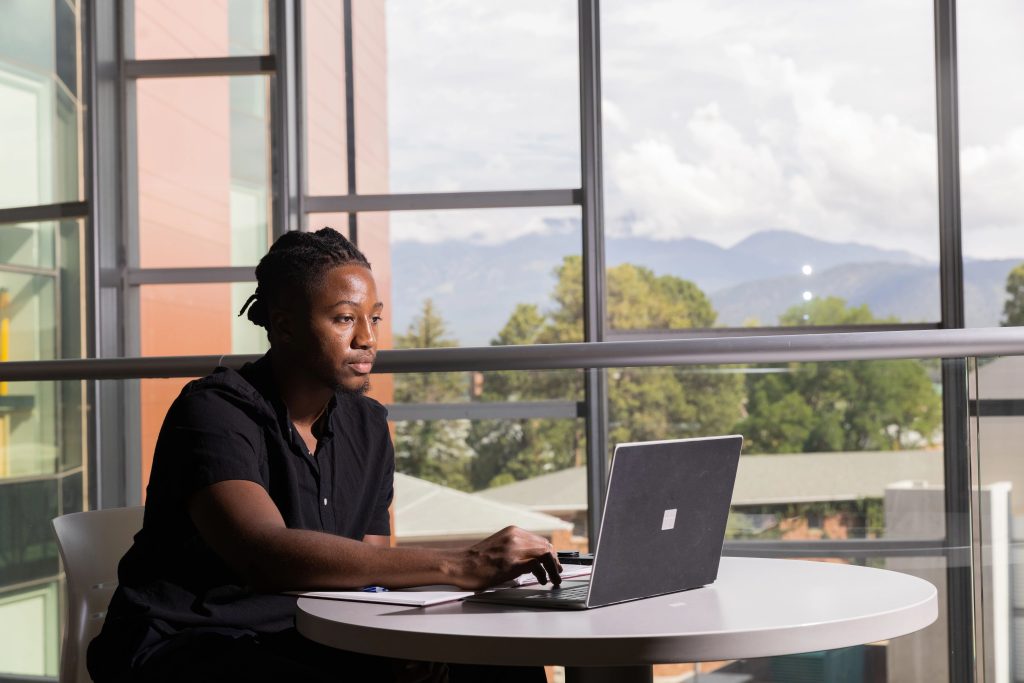
For the past two years, Bess has been working on two research projects in Browder’s lab. For one project, Bess is creating an antifungal solution for biochemistry professor Andy Koppisch’s lab using amino acids. “Basically, it’s like an antibiotic but for fungi, specifically fungus that grows on plants,” Bess explains. “So, I’ve been working on making an antifungal solution that you can spray on plants and break down the fungus without harming the plant.”
“The second project is still using the same medium as we did with the antifungal solution—ionic liquids prepared from amino acids—but this time we’re using the ionic liquids to make solid electrolytes,” says Bess, an Urdea Undergraduate Research Award recipient.
Browder points out that this project aims to find a material that can conduct electricity safely and offer a sustainable energy solution. “Solid electrolytes are really the way of the future,” she shares, explaining that solid polymers are able to hold their shape and aren’t easily distorted, unlike something gelatinous. Yet at the molecular level, they have liquid properties, allowing ions to move freely. “Zachariah is taking on a really important challenge in our group, which is to make the polymers from bio-derived and potentially biodegradable materials,” Browder says. “We’re looking to have something that’s completely sustainable.”
Bess enjoys the challenge. He sees this as an opportunity to help society become less dependent on oil. “I think this is a very big step in where we need to go,” he says. “Oil is a fossil fuel, not an unlimited resource. When we run out, we’re still going to want to be able to be on our phones and be on laptops and be able to do the same things we do, so we need to start thinking of ways to keep that going.”
He credits Browder with helping him strengthen his research skills and hopes to continue in her lab as he pursues his master’s degree.
Browder explains that allowing undergraduate students to work on actual research projects gives them first-hand experience with the scientific method. “As a researcher, you need to learn resiliency to power through the many, many failures before you have success in the lab,” she says. “And when you do have those successes, you have to be so methodical, so you understand why this particular combination of things worked.” Browder notices Zachariah paying close attention to the behaviors of molecules. “And so, when he sees an outcome that’s not quite what we want, he goes back to what the behavior was between those molecules that didn’t quite go right and asks, ‘What can I do to push that in the right direction?’”
Before Bess started his research, he needed to get past his difficult freshman year. “I started school in 2017, and then I had a very rough freshman year with life and family things and financial things,” he says. He credits NAU advisor Helen Hemmer for helping him get back to NAU. Hemmer helped him figure out how to take classes at home in Chicago, Illinois, to transfer to NAU. “She cared enough to still be my advisor and wanted to make sure that I was able to graduate and finish what I started,” Bess shares. “She also made sure that when I got here, I had everything in order. She impacted my life, more than anybody, ever.”
Because of the support he has received and confidence gained from lab experience, Bess is ready to apply his “golden hands” to a science career after graduating from NAU.
Bess will give a poster presentation on his solid electrolyte research during the Undergraduate Research Symposium, along with fellow researcher and Urdea award recipient Logan Schubert, a Mechanical Engineering student.

